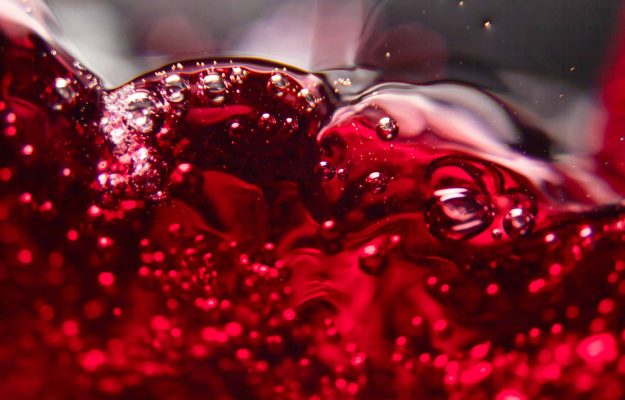Supply and demand. On the one hand, the now endemic scarcity of alcohol, in pharmacies as well as in supermarkets, on the other hand, wine cellars full of wine, perhaps not at the levels feared at the beginning of the pandemic, but still close to warning levels as the next harvest approaches. The solution, in order to meet the different needs of two sectors that are not so far away, is crisis distillation, which Italy has decided to implement weeks ago, but in order to "free" companies of 150 million liters of common wine, as provided for by the Relaunch Decree, the implementing decree is still missing, while France has already given the go-ahead for a similar fate for 200 million liters of wine, not only common, but also with designation of origin, ready to become disinfectant gel, on sale in pharmacies in the coming weeks, or bioethanol. As Coldiretti points out, this is an EU-funded intervention to deal with the shortage of alcohol on the one hand and the deep crisis of wine in Europe where sales are practically halved in the lockdown due to the Coronavirus. If French wine-growers will be able to allocate to distillation both common wines and those for appellations of origin, such as Champagne, in Italy - underlines Coldiretti - the measure concerns only common wines and is accompanied by interventions foreseen by the Dl Rilancio such as green harvesting to reduce the yields of quality wines. Important interventions on which - Coldiretti denounces - there is a heavy delay in implementation almost two months after the beginning of the harvest when it will be necessary to have already freed space for new wine in the cellars.
Almost 4 out of 10 Italian wineries (39%) recorded a sharp drop in activity, with a dangerous liquidity alert that jeopardizes the future of Italian wine, which creates employment opportunities for 1.3 million people, from vineyard to glass, according to the Coldiretti/Ixé survey. What weighed on the balance - points out Coldiretti - was the forced closure of catering in Italy and abroad with a sharp drop in exports after a record 6.4 billion euros in 2019, the highest ever, equal to 58% of total turnover.
The sale of high quality wines, which finds a privileged market outlet in hotels and restaurants all over the world, has been particularly affected. In this context, it is worth mentioning the recent commitment made by the European Commissioner for Agriculture, Janusz Wojciechowski, at a meeting of the coordinators of the political groups of the Agriculture Committee of the European Parliament, to develop additional emergency measures for wine producers.
Italy, with 46 million hectolitres, ranks ahead of France as the world's leading producer, with about 70% of production destined for DOCG, DOC and IGT wines, with 332 wines with controlled designation of origin (DOC), 73 wines with controlled and guaranteed designation of origin (DOCG), and 118 wines with typical geographical indication (IGT) and the remaining 30% for table wines. On the national territory - explains Coldiretti - there are 567 varieties registered in the vine register against 278 of the French cousins, demonstrating the rich heritage of biodiversity that Italy can count on, which boasts throughout the peninsula the possibility to offer local wines of the highest quality thanks to a millenary tradition.
Facilitated VAT and a tax credit for uncollectible credits resulting from the Covid -19 crisis are some of the proposals made by Coldiretti which is engaged in the #iobevoitaliano campaign to promote purchases.
But it is also necessary to support with massive public and private investments the recovery of exports with an extraordinary plan of communication on wine that - says Coldiretti - has always been a driving force for the entire Made in Italy, both food and non-food, abroad. Coldiretti has presented to the Government the plan to save vineyards with which, precisely through voluntary distillation, it is planned to remove from the market at least 3 million hectolitres of generic wines to be transformed into disinfectant alcohol for sanitary uses.
The measure would also have the important effect of favouring the purchase of Italian alcohol, which has been the product on the shelves with the highest increase in sales, which have practically tripled according to Iri, but also of reducing any production surpluses.
Coldiretti’s plan also provides for green harvesting and reduction of yields on at least 100,000 hectares for a reduction of at least another 3 million hectolitres of production on quality wines in order to avoid oversupply, given the consequences of the pandemic on international consumption.
Copyright © 2000/2026
Contatti: info@winenews.it
Seguici anche su Twitter: @WineNewsIt
Seguici anche su Facebook: @winenewsit
Questo articolo è tratto dall'archivio di WineNews - Tutti i diritti riservati - Copyright © 2000/2026







































































































































































































